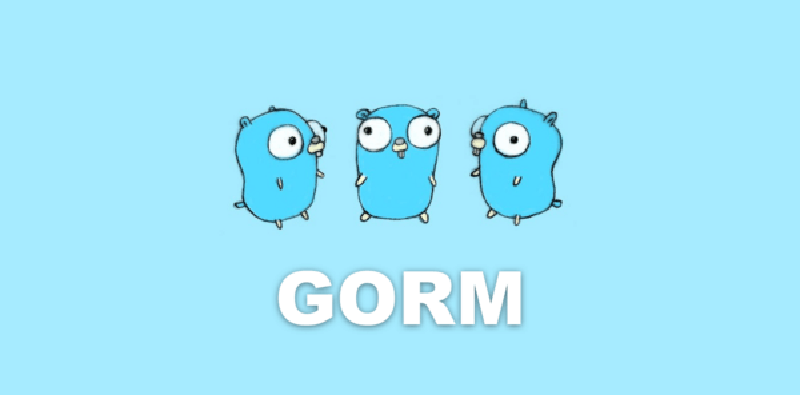Since the built-in sqlx in go-zero is too cumbersome to use, and it’s unbearable to write so many magic strings, this article introduces how to integrate gorm into go-zero.
Code Implementation
// cmd/gen.go
package main
import (
"fmt"
"path"
"gorm.io/driver/mysql"
"gorm.io/gen"
"gorm.io/gen/field"
"gorm.io/gorm"
)
var (
// Modify these when generating for other services
mysqlDsn = "xxx:xxx@tcp(127.0.0.1:3306)/xxx?charset=utf8mb4&loc=Local&parseTime=true"
outPath = path.Join("..", "app", "account", "model", "do")
modelPath = "entity"
)
func main() {
db, err := gorm.Open(mysql.Open(mysqlDsn))
if err != nil {
panic(fmt.Errorf("cannot establish db connection: %w", err))
}
g := gen.NewGenerator(gen.Config{
OutPath: outPath,
ModelPkgPath: modelPath,
Mode: gen.WithDefaultQuery | gen.WithoutContext,
FieldNullable: true,
FieldSignable: true,
FieldWithIndexTag: true,
FieldWithTypeTag: true,
})
g.UseDB(db)
autoUpdateTimeField := gen.FieldGORMTag("updated_at", func(tag field.GormTag) field.GormTag {
tag.Set("column", "updated_at")
tag.Set("type", "timestamp")
tag.Set("autoUpdateTime", "")
return tag
})
// ... (other field configurations)
allModel := g.GenerateAllTable(fieldOpts...)
g.ApplyBasic(allModel...)
g.Execute()
}
Run cd cmd && go run gen.go to generate code.
Directory Structure
+---app
| +---account
| +---model
| +---dao # Custom DAO implementations
| +---do # Generated query methods
| +---entity # GORM model definitions
+---cmd
| \---gen.go # Code generator config
+---pkg
| \---gorm.go # Custom GORM configurations
Key components:
dao: Custom query implementationsdo: Generated GORM query methodsentity: Database entity modelspkg/gorm.go: Custom logger and connection pool settings
Core Implementations
- Custom GORM Logger
// pkg/gorm.go
type GormLogger struct {
SlowThreshold time.Duration
Mode string
}
func (l *GormLogger) Trace(ctx context.Context, begin time.Time, fc func() (sql string, rowsAffected int64), err error) {
// Implementation details...
}
- Connection Pool Configuration
// app/account/rpc/internal/svc/servicecontext.go
func NewServiceContext(c config.Config) (*ServiceContext, error) {
conn, err := gorm.Open(
mysql.Open(c.DataSource),
&gorm.Config{Logger: pkg.NewGormLogger(c.Mode)},
)
// Set connection pool parameters
}
- Snowflake ID Generation
// app/account/model/entity/hooks.go
func (data *AppHasAuth) BeforeCreate(tx *gorm.DB) error {
data.ID = snowId // Generated via ID service
return nil
}
- DAO Layer Example
// app/account/model/dao/apps.go
func (dao *appsDao) Find(ctx context.Context, id uint64) (*entity.App, error) {
return do.App.WithContext(ctx).Where(do.App.ID.Eq(id)).Take()
}
Usage Example
// Business logic usage
result, err := dao.AppsDao.Find(context.Background(), 1)
This implementation demonstrates how to:
- Generate GORM models and query methods
- Integrate with go-zero’s service context
- Implement custom logging and connection pooling
- Add distributed ID generation hooks
- Create a clean DAO layer abstraction
The solution maintains go-zero’s microservice advantages while leveraging GORM’s developer-friendly features.
